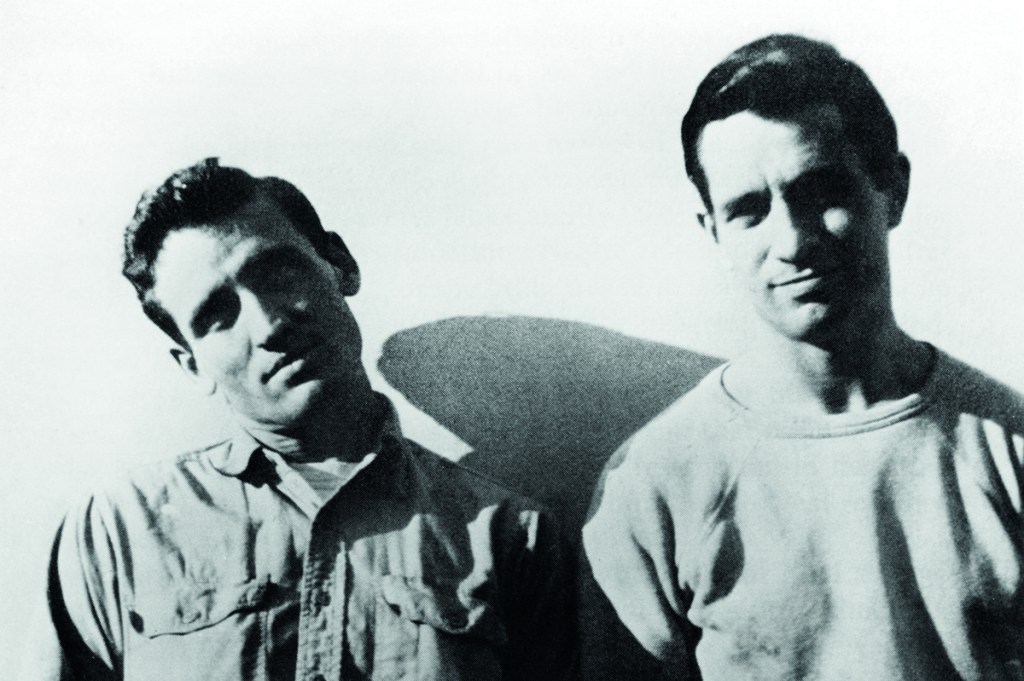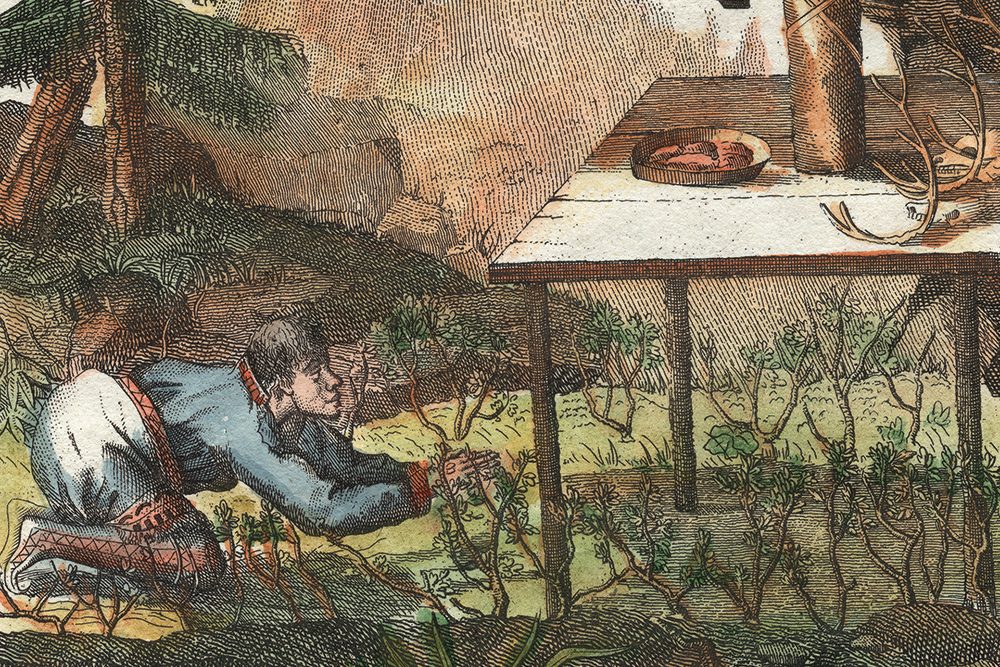The majority of us who aren’t touched by genius come to terms with our mediocrity in late adolescence, once our dreams of sports superstardom are dashed or that bumbling first attempt at a novel sets us straight. You won’t be the next Jordan or Hemingway, after all. Getting over the initial shock of one’s dreams being dashed without suffering some kind of crack-up is the mark of high character and perhaps the first sign a man will settle solemnly — but not joylessly — for a well-adjusted life of invisible, middling victories.
The best-adjusted man will embrace the comfort of mediocrity and live vicariously through the great men he admires, which is to say that he’ll become a fan. Being a superfan, however, isn’t simply following a favorite athlete or musician in the hopes of quelling personal dissatisfaction. It’s having one’s life enriched by an understanding of — and a proximity to — greatness. Geoff Dyer, one of Britain’s finest cultural critics and essayists, has made a career of mining ebullient fandom, but his latest, the exquisitely titled The Last Days of Roger Federer, a book about “how things end,” is his greatest ode to mindful vicariousness.
The Last Days of Roger Federer chronicles how Dyer’s influences and heroes — Bob Dylan, Nietzsche and Jack Kerouac, to name a few — confront the realization that their time as geniuses is coming to an end. The lives of these artists aren’t over, but when the magic that suffuses their early work dissipates, a new phase begins, and it seldom matches up to their previous, imperial achievements. Dylan didn’t die when his drugged-out songwriting abilities vanished post-motorcycle accident, but he certainly was born again as an artist.
Dyer’s book, part memoir and part examination of the discombobulation induced by diminishing genius, is a marvel due to his encyclopedic knowledge of his heroes and an ability to frame himself as an understander of genius while not quite being one himself. On the other side of middle age, he harbors nothing but admiration for those men who reached artistic heights he could only dream of. Dyer is no longer a young man trying to dethrone his heroes but a pleased ambassador for their greatness, which makes him a perfect guide for a journey on the diminution of said greatness.
Some writers, like Jack Kerouac, whose life reached stratospheric heights following the publication of On the Road, had trouble with the public declaration of greatness thrust upon them and succumbed to precipitous downfalls immediately after reaching the pinnacle. Kerouac, who willed himself to success by sheer force — with the help of amphetamines — resorted to alcoholism when his culture-changing novel aligned him with the hippies he so detested. But as Dyer states, no matter how low he fell, “nothing can offset the achievement of On the Road.” Kerouac might have died a bumbling drunk in his mother’s house in Florida, but his peak was unsurmountable.
Another of Dyer’s idols, Bob Dylan, didn’t despair when his faculties began to fade, but instead set out on his fabled never-ending tour: thirty years now, and counting. Dylan’s workmanlike commitment to the grind, as opposed to the muse of his early days, sets him in opposition to tennis’s Björn Borg, who, after being bested by John McEnroe on multiple occasions, retired at twenty-six and committed to a life of pointless carousing. The player Pete Sampras, who was blessed with a “Californian brainlessness,” walked away from the game and disappeared into blissful American retirement just as new young bucks like Roger Federer and Rafael Nadal stepped into greatness. Sampras was great, and then he wasn’t, and he was fine with it. The character of the genius, unlike that of the mediocre man, is revealed once the shield is pierced.
The Last Days of Roger Federer, like Dyer’s other works of fandom — But Beautiful (a book about jazz) and Out of Sheer Rage (about his obsession with D.H. Lawrence) — are meditations on the writing life and the aging process. The author’s audience of highly literate fellow obsessives awaits his niche investigations with bated breath. He justifies their acclaim when describing the tedious slog that is the writing life: “The opponent is a sly, shapeshifting mixture of laziness, tiredness, exhaustion, depression, and all-around-is-it-worth-it-ness.” As is often the case with Dyer, such brilliant nuggets of wisdom are sprinkled throughout the book.
Dyer is an old-school flâneur. He knows where to look and how to document what he sees with a wry and dispassionate — but never joyless — sensibility. You don’t quite know where his meandering books are going to take you, but you trust his finely tuned angle of vision, which he perfectly encapsulates in his closing pages: “After a stage in a man’s life — especially after a degree of eminence has been achieved — it is essential that he retain some residue of how he saw the world as a fourteen-year-old.”
Retaining that sense of untainted boyhood, especially when one’s ephemeral dreams are replaced by the solidity of life, is how a man — and a writer — finds enrichment. Throughout The Last Days of Roger Federer, Dyer, a lifelong tennis player, writes of his persistent injuries, finally admitting that, due to shoulder issues, he’s been unable to offer his best serve for years. It’s a small moment, but a touching one that epitomizes Dyer’s strength as an observer and writer: you keep going, especially if you’re busted and broken. This fine book offers a consummate second serve.
This article was originally published in The Spectator’s June 2022 World edition.

























